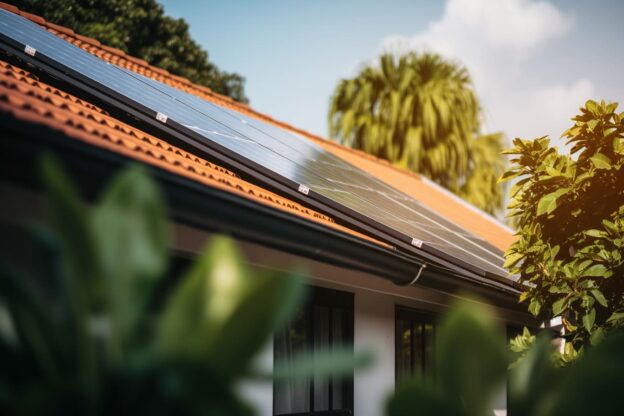Solar panels are designed to have a long lifespan, typically lasting between 25-30 years. The longevity of a solar panel depends on several factors, such as the quality of the materials used, the level of maintenance, and the environmental conditions in which the solar panel is installed.
The most important factor that affects the longevity of a solar panel is the quality of the materials used. High-quality solar panels are made with durable materials that can withstand extreme weather conditions and exposure to the elements. Additionally, good quality solar panels are tested to ensure that they can withstand high temperatures, humidity, and UV radiation.
Proper maintenance is another important factor that can affect the longevity of a solar panel. Solar panels require very little maintenance, but it is important to keep them clean and to check for any damage or defects. Regularly checking for damaged wiring, loose connections, and shading from nearby objects, can help to prolong the life of a solar panel.
The environmental conditions in which a solar panel is installed can also affect its lifespan. Solar panels are designed to withstand extreme weather conditions, such as high winds and heavy snowfall, but they can be affected by extreme temperatures and exposure to pollutants. Panels installed in regions that have harsh environmental conditions, such as high humidity or heavy dust, may have a shorter lifespan than those installed in more moderate conditions.
In general, solar panels have a long lifespan and with proper maintenance, they can continue to produce electricity for 25-30 years. It is important to consult with a professional to determine the best solar panel system for your specific needs, and to ensure proper installation and maintenance to prolong the life of the solar panel.
